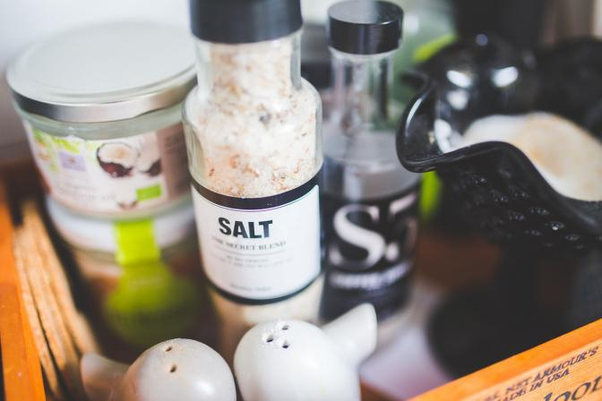
Several foods can potentially damage your kidneys if consumed in excess or if you have underlying kidney conditions. Here are some foods that you should be cautious about,
1. High Sodium Foods: Excessive sodium intake can lead to high blood pressure and put strain on your kidneys. Processed foods, canned soups, deli meats, and fast food items are often high in sodium.
2. Processed Meats: Processed meats like bacon, sausage, and hot dogs contain high levels of sodium and preservatives, which can be harmful to kidney health.
3. Red Meat: Consuming large amounts of red meat, particularly if it's processed or high in fat, can increase the risk of kidney damage. High protein diets, including excessive consumption of meat, can also strain the kidneys.
4. Dairy Products: While dairy is a good source of calcium and protein, consuming too much dairy can lead to the formation of kidney stones, especially in individuals prone to this condition.
5. Sugary Foods and Beverages: High sugar foods and beverages, such as sodas, sweetened juices, candies, and desserts, can contribute to obesity and diabetes, both of which are risk factors for kidney disease.
6. Caffeine: While moderate caffeine consumption is generally safe for most people, excessive intake can cause dehydration and increase blood pressure, potentially harming kidney function.
7. Alcohol: Excessive alcohol consumption can lead to dehydration and liver damage, which in turn can affect kidney function.
8. Phosphorus Rich Foods: Foods high in phosphorus, such as processed foods, carbonated beverages, and certain types of cheese, can be harmful to individuals with kidney disease because impaired kidneys may struggle to remove excess phosphorus from the blood.
9. High Potassium Foods: People with kidney problems may need to limit high-potassium foods like bananas, oranges, tomatoes, potatoes, and spinach, as their kidneys may not be able to properly regulate potassium levels.
10. Artificial Sweeteners: Some artificial sweeteners, especially those containing aspartame, may be linked to kidney damage in sensitive individuals.
It is important to note that moderation is key, and individual dietary needs vary based on factors such as age, health status, and any pre existing kidney conditions. Consulting with a healthcare professional or a registered dietitian for personalized dietary recommendations is advisable, especially if you have concerns about your kidney health.
www.quora.com

